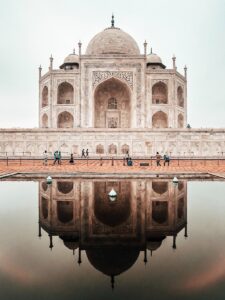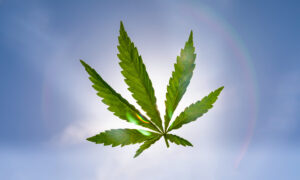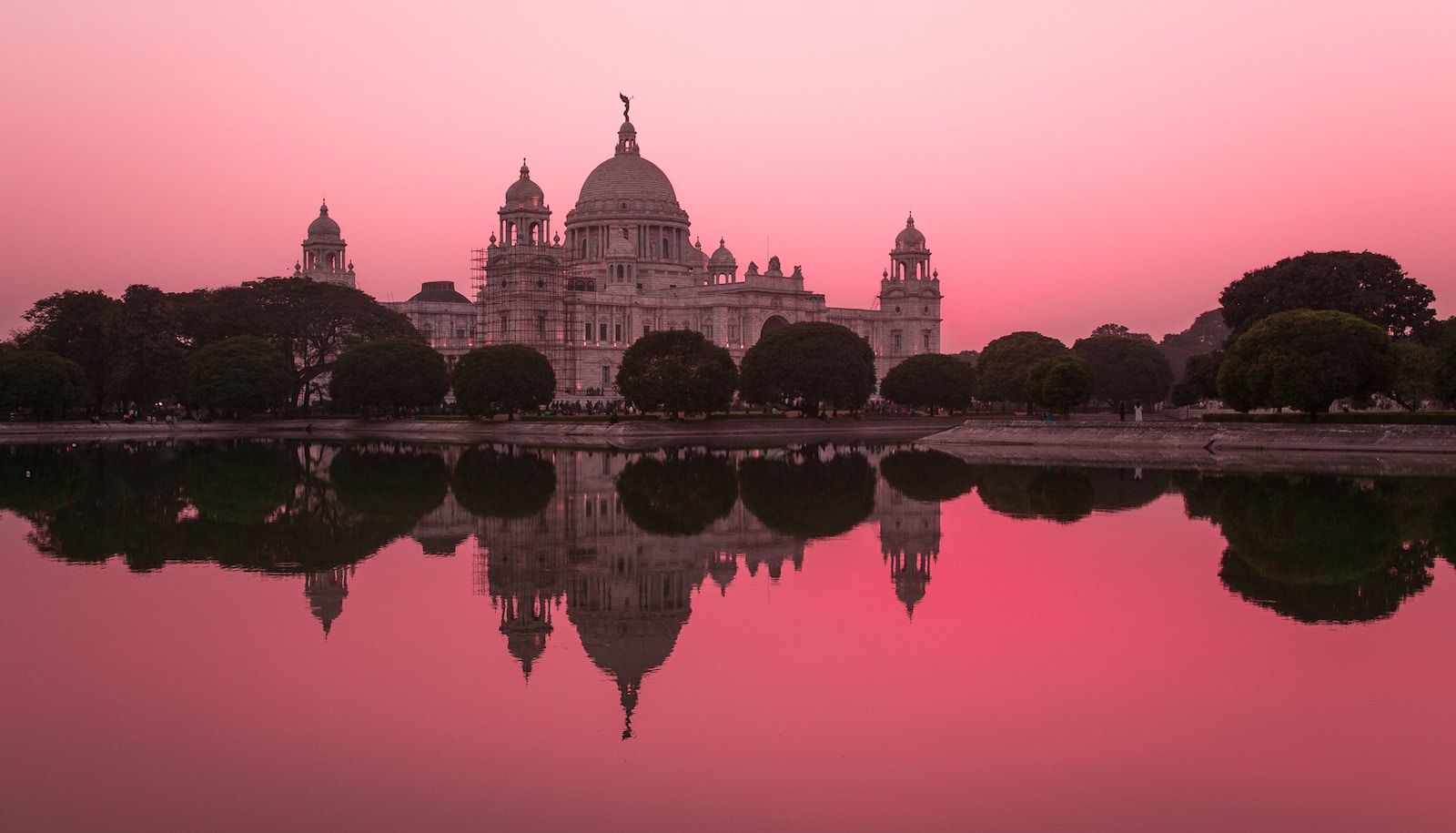In 2023 India becomes the most populous country in the world. The exotic nation is known for Bollywood, amazing fabrics, technology, a great love story, the Kama Sutra and their cuisine. But what is the largest country in the world’s take on marijuana? Well, it is a bit complicated.
India was a series of small nations prior to the British colonizing them and making them part of the great empire. In 1947, they broke from the UK to become a independent under India’s first prime minister—Jawaharlal Nehru. India has 28 states each with a cultural identity reaching back thousands of years. India has 22 separate official languages and home to a total of 121 languages and 270 mother tongues. It’s also home to the world’s oldest language, Hindi
Cannabis in India has been known to be used at least as early as 2000 BCE. Today it is a bit complicated on how they approach marijuana.

RELATED: People Who Use Weed Also Do More Of Another Fun Thing
India primary religion is Hinduism. The third largest religion has a trinity of gods: Brahma the creator, Vishnu the preserver and Shiva the destroyer. Shiva was is a fan of marijuana. Cannabis is one of the most sacred Hindu plants, and it is written in the fourth Veda it relieves anxiety. Thus it is used sacred spiritual and religious plant.
Maha Shivaratri also known as ‘night of Shiva’ is a major holiday in India. On this day, Hindus worship Lord Shiva and his wife Parvati with thousands of years old customs and traditions. According to legend, it the night when Shiva married his bride and experienced the beauty of love and pleasure of sex for the first time. Consuming marijuana is considered part of the holiday. Shiva, it’s believed, used marijuana both to relax and to focus better for meditation. The tradition lives on today worldwide.
During Holi, the annual Hindu festival of colors, a drink called thandai, which literally translates to “cooling off,” makes an appearance. Depending on where you go, the traditional milky concoction might be laced with hints of an edible Indian cannabis called bhang. Bhang holds cultural significance for Indians.
What is bhang? An avocado-green paste made with the young leaves, flowers, and stems of the cannabis plant, which get soaked, ground, and then mixed with whole milk or yogurt to make a shake. The legal status of cannabis in India is fuzzy. In some states it’s permissible, in others and from a federal point it is not. But go for a drive in many places and you’ll run across government-run stores with the words “Bhang Shop” in bright scarlet letters. Bhang is highly popular and accepted in the country.

A nation of contradictions, India’s enforcement and legalization of marijuana is a bit puzzling. The Assam Ganja and Bhang Prohibition Act of 1958 bans the sale, possession, purchase, and consumption of ganja and bhang. The Bombay Prohibition Act of 1949 prohibits the manufacture, possession, and consumption of bhang and bhang-containing substances without a license in Maharashtra.
Even possessing prohibited drugs (weed or marijuana) in India is an offense under the NDPS Act. The purpose of possession of drugs is not relevant and the punishment depends upon the quantity of drugs in possession. If a person is caught with drugs or found to be a drug addict, he/she would not be subject to prosecution if he/she voluntarily chooses to undergo de-addiction treatment.
RELATED: TSA And Cannabis: What You Need To Know
As Shiva would say “You are free to make any decision, but you aren’t free from the consequences of those decisions. In India you can have, consume, and meditate with marijuana, as long as the wrong person doesn’t catch you. If then, it is a negotiation on what happens next.


